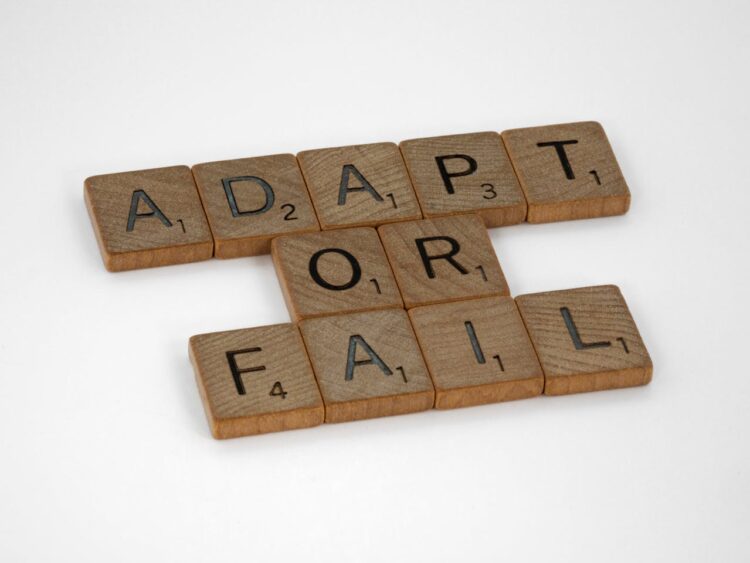
At the Gartner ReimagineHR Conference in Orlando, experts revealed that while many CEOs are initiating new business strategies, HR leaders feel their organisations are ill-prepared for the impending changes in the workplace.
Jessie Knight, vice president of Gartner’s HR practice, emphasised, “Organisations are seeking to reset their strategies to reflect emerging conditions, but most feel unprepared to execute.” The research highlighted three critical gaps that need addressing to drive successful business outcomes: collaboration, skills, and technology.
Collaboration challenges

Gartner's recent survey of nearly 18,000 employees found that only 29% are satisfied with workplace collaboration, a decline from 36% in 2021. Russ McCall, director of advisory at Gartner, pointed out that this dissatisfaction significantly impacts performance: “Employees today have more connections but less valuable collaboration due to uncertain connection norms following the pandemic and new technology that can isolate employees.”
To enhance collaboration, McCall advocated for a concept called Guided Collaboration, which actively reshapes how individuals interact to maximise the utility of existing connections.
Skills gap
The research also identified persistent skills gaps that traditional development approaches cannot adequately address. A May 2024 survey revealed that only half of employees feel equipped to manage unexpected changes in their work. Knight noted, “Nearly 60% of employees are not getting on-the-job coaching that supports their core job skills.”
To bridge this gap, organisations should leverage Collective Intelligence, focusing on two key facets: Dynamic Jobs and Gathering Expertise from Work. Dynamic Jobs involve prioritising roles undergoing significant changes, while the latter emphasises utilising technology to capture expert knowledge from ongoing work, rather than solely relying on direct expert input.
Technology misalignment
Lastly, the technology gap emerged as a critical concern. An August 2024 survey of AI users indicated that 41% of time saved through AI implementation is wasted due to poor communication regarding technology’s impact on the workplace.
McCall stated, “Employers often don’t involve employees in technology discussions at all.” To rectify this, organisations should adopt a Human-First AI approach, prioritising people over technology. This method not only boosts employee performance—making them 1.5 times more likely to excel and 2.3 times more likely to be engaged—but also fosters a more productive work environment.
As organisations navigate this reset, addressing these gaps will be essential for aligning HR strategies with evolving business needs.



